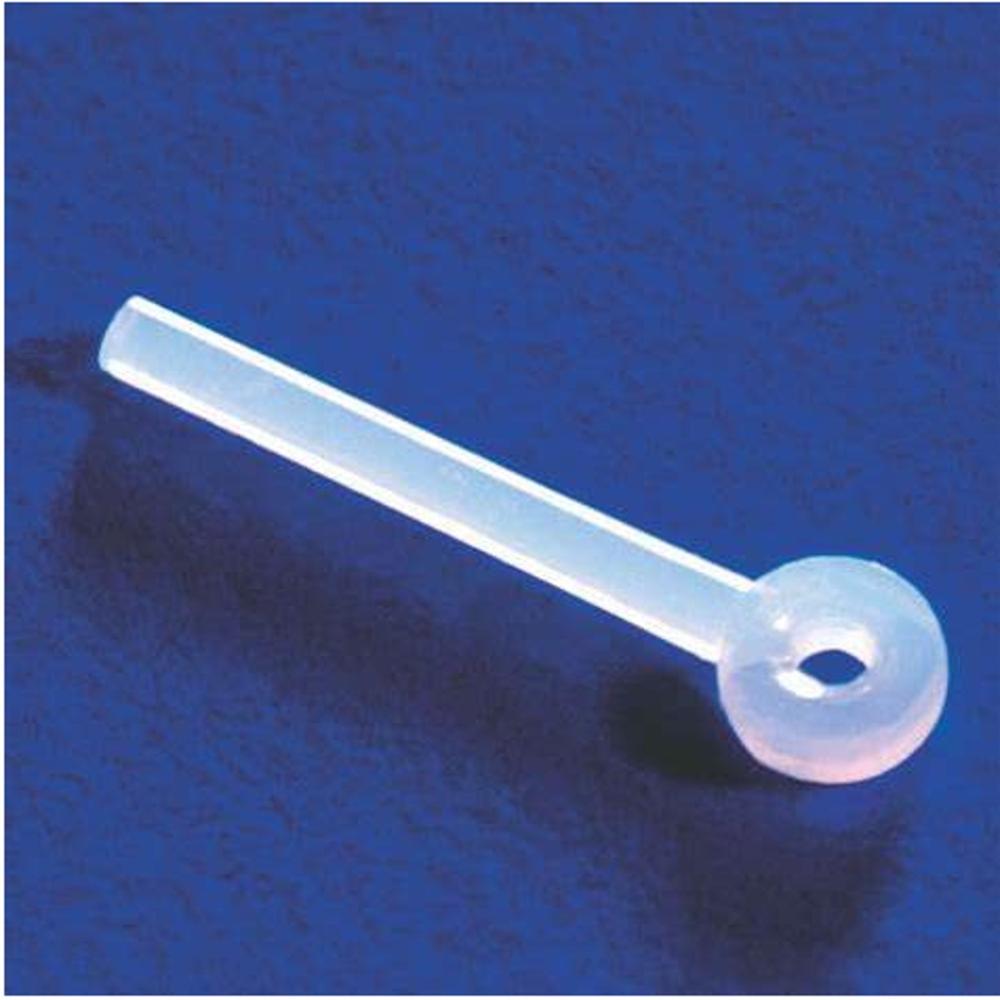 08045816118
08045816118Fluroplastic Piston / Stapese Piston
Product Details:
Fluroplastic Piston / Stapese Piston Price And Quantity
- 1 units
- 4200.0 INR/units
Product Description
Fluoroplastic piston specifications vary by product but commonly include shaft diameters of 0.4 mm to 0.6 mm, lengths from 3.5 mm to 6 mm, and a biocompatible Teflon (PTFE) material. Key features often include "plastic memory" for secure closure, a conventional design for easy attachment to the incus, and the ability to be trimmed to a desired length. Some designs combine fluoroplastic with other materials, such as a platinum wire for enhanced functionality.
Material: The piston is made from a fluoroplastic, most commonly Polytetrafluoroethylene (PTFE) or Teflon.
Shaft Diameter: Available in sizes like 0.4 mm, 0.5 mm, and 0.6 mm.
Functional Length: The length can range from 3.5 mm to 6 mm and is often adjustable.
Biocompatibility: The material is biocompatible with biological tissues.
Key Features
"Plastic Memory":
This feature helps the piston maintain its shape, ensuring a secure and reliable attachment to the incus.
Adjustable Length:
The piston can be trimmed with a surgical instrument to achieve the precise length required for each patient.
Conventional Design:
The standard design facilitates easy attachment to the long process of the incus during surgery.
Loop Memory:
Some models also feature "loop memory" for precise placement and secure attachment.
Considerations
Combination Designs:
Some pistons are a combination of materials, such as platinum and fluoroplastic, to combine their unique properties.
Radiodensity:
Be aware that some fluoroplastic portions are non-radiopaque and not visible on CT scans, while others may be combined with radiodense materials like platinum.
Manufacturer Variations:
Specifications can vary by manufacturer, so it's important to consult product-specific information from suppliers like EON Meditech, as seen in this Medzell product page.

Price:
- 50
- 100
- 200
- 250
- 500
- 1000+
Other Products in 'Disposable /Consumable Items' category
 |
ALLIED MEDITEK
All Rights Reserved.(Terms of Use) Developed and Managed by Infocom Network Private Limited. |






